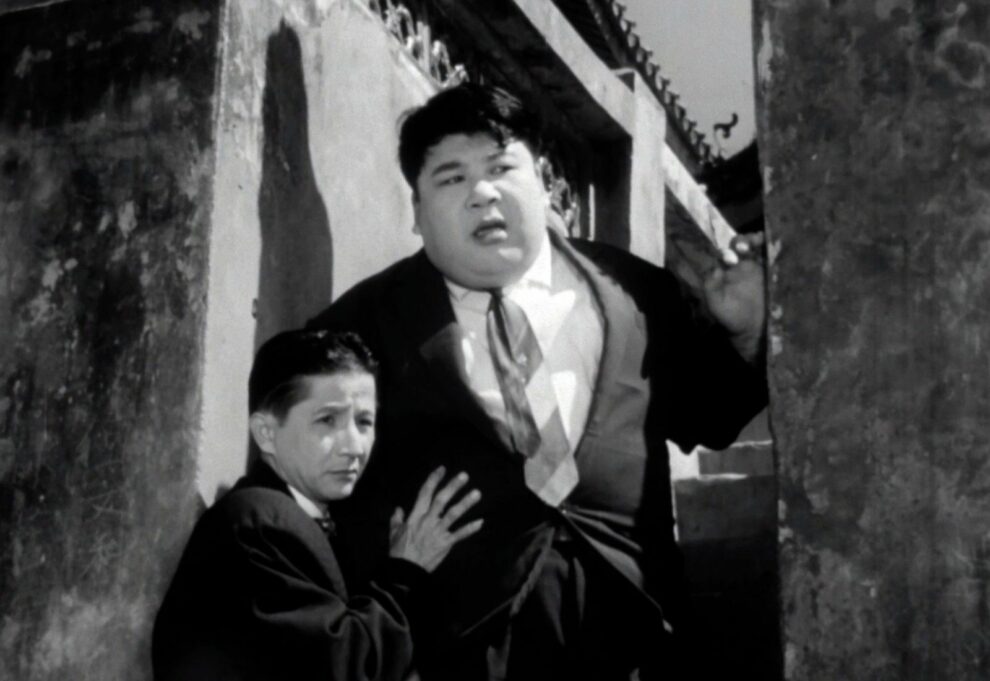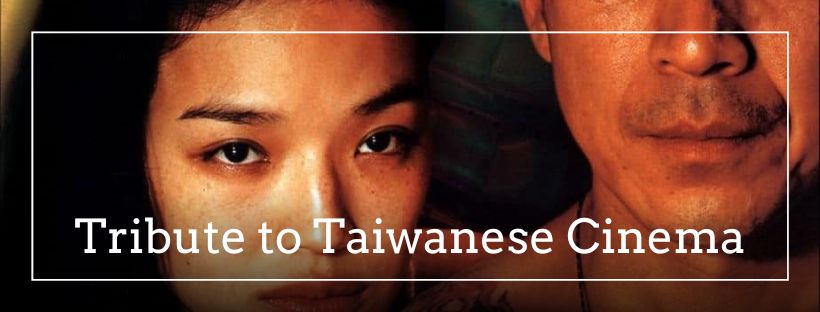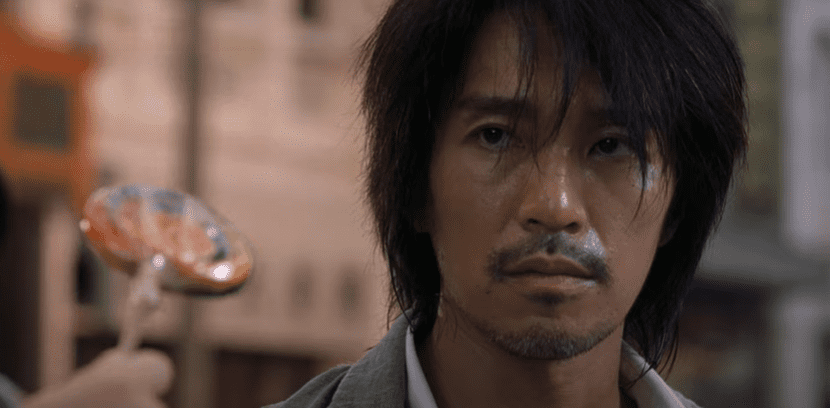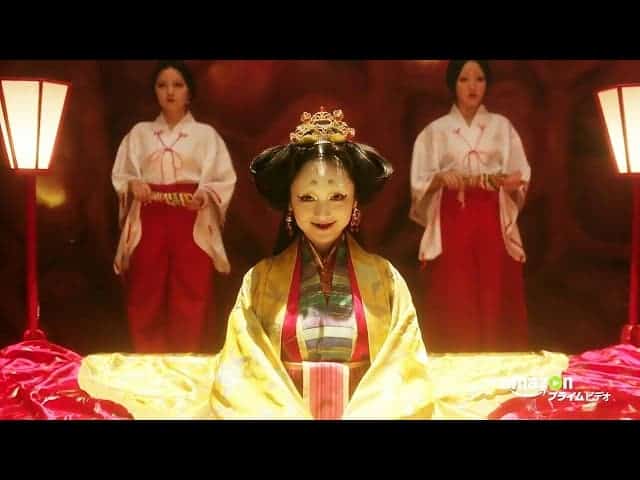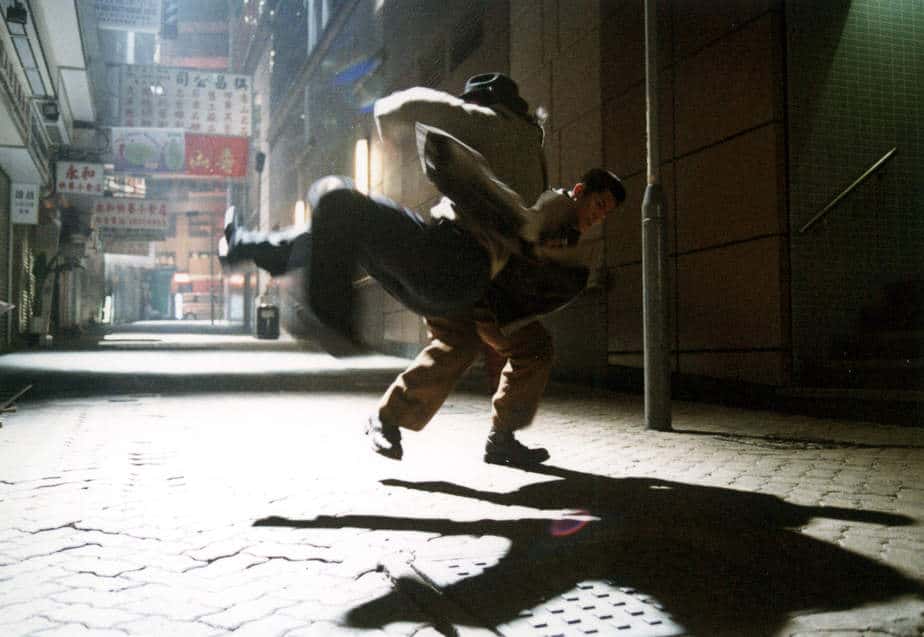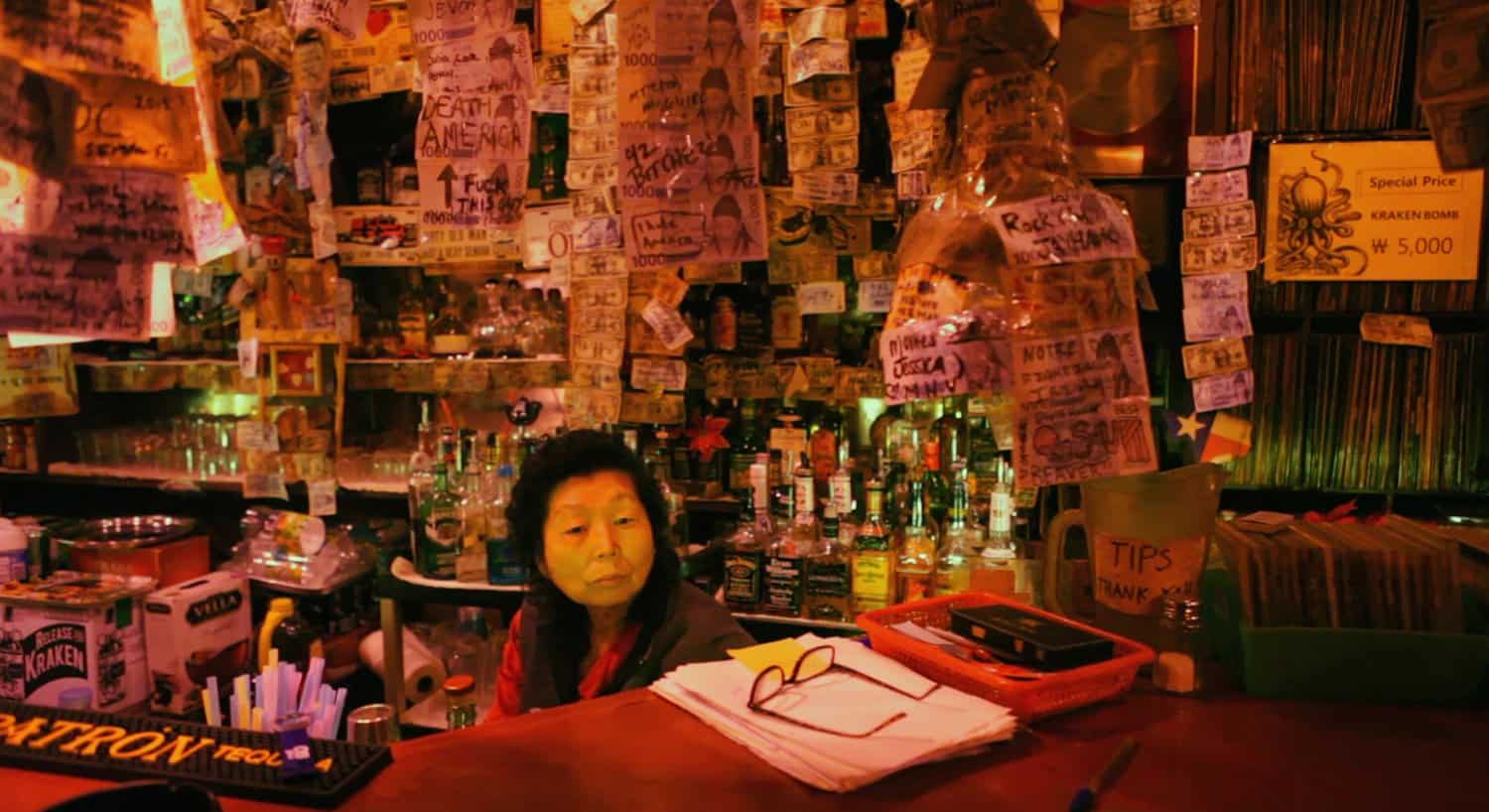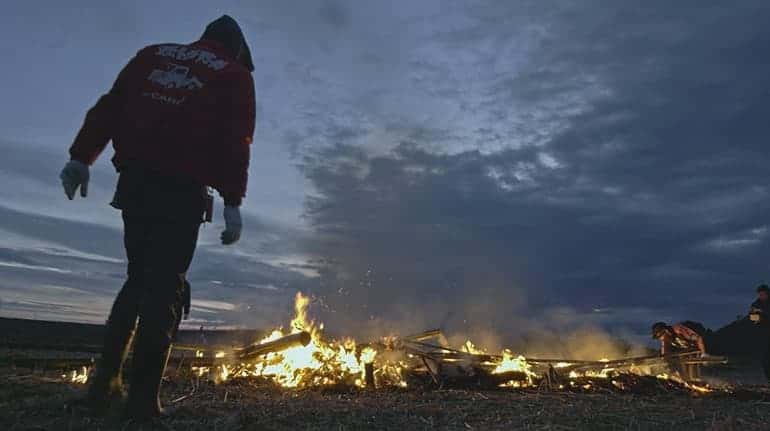Li Hsing, a pioneering figure in Taiwanese cinema, left an indelible mark on the industry, earning him the revered title of “Godfather of Taiwanese Cinema”. He worked tirelessly to promote Taiwanese cinema until his death in 2021. His debut feature film, “Brother Liu and Brother Wang on the Roads in Taiwan”, released in 1959, became a comedic blockbuster whose evocative power and box-office success make it an indispensable testament to the cinema of its time. In the late 1950s, the lifting of the state monopoly on film production encouraged private production companies to explore new opportunities in the burgeoning market. This era witnessed the birth of Taiwanese-language cinema (the first production was released in 1954), mostly based on local gezaixi operas. In this context, Li Hsing's movie innovated by basing his story on an original screenplay and introducing audiences to the iconic comedic duo of Wang and Liu, a local version of Laurel and Hardy. Its resounding success laid the groundwork for a wide wave of Taiwanese-language comedies, and “Brother Wang and Brother Liu” spawned a franchise of seven sequels, cementing the duo's status as household names.
Li Hsing's contributions to Taiwanese cinema extend beyond comedy. “The Incorrigible” and “The Campus Belle” challenged social norms and offered incisive critiques of contemporary society, earning him acclaim as a versatile and accomplished director. Despite initial challenges due to his lack of fluency in the Taiwanese language, his determination and passion for cinema propelled him to success. Over the years, he received numerous awards, including three Golden Horse Awards for Best Director and seven awards for Best Feature Film. In his later years, Li Hsing remained committed to the development of Taiwanese cinema. His debut feature remains the only Taiwanese-language movie he ever directed.
The story revolves around the unlikely friendship between two impoverished men, Wang and Liu, living in Taipei. Wang, an overweight shoeshine boy, and Liu, a scrawny rickshaw driver, share a room and navigate life's challenges together. Their fates take a turn when a fortune teller predicts that Wang will become wealthy in three days, while Liu has only 44 days to live. True to the prophecy, Wang wins a substantial sum in the lottery, causing Liu to fear the inevitability of his impending death. In a gesture of friendship and goodwill, Wang decides to use his newfound wealth to take Liu on a tour of Taiwan, hoping to create lasting memories before his friend's time runs out. As they embark on their journey, the duo experience the luxuries of life for the first time and encounter many incidents. From extravagant dining experiences to unexpected encounters with indigenous tribes, their adventures are both hilarious and heartwarming.
This so-called tale of resilience and the power of hope in the face of adversity ultimately becomes a celebration of life and friendship. Through the lens of Wang and Liu's journey, the film offers a poignant reflection on the human experience, reminding us of the importance of cherishing each moment and embracing life's unexpected twists and turns. Paradoxically, the movie exudes an atmosphere reminiscent of classic Hollywood comedies from two decades earlier. In fact, besides the obvious Laurel and Hardy inspiration for the actors Li Guan-zhang and Zhang Fu-cai, the heightened dimension of the performance, reminding of exaggerated theatricality, numerous jump cuts (both for rhythmic and technical reasons) and visual gags anchor the production in a highly recognizable visual aesthetic.
Embodying a rhythm akin to the sweet, rural life, it maintains a lively pace that reinforces the spontaneity of its comedic effects while paying homage to classic American cinema. Yet surprisingly, it has aged remarkably well, retaining a quaint charm that is still delightful to watch.
In addition to its comedic elements, the movie also serves as a showcase for Taiwan's scenic beauty, featuring picturesque locations such as Sun Moon Lake and coastal cities such as Kaohsiung and Pingtung. At a time when Taiwanese-language productions were a novelty, “Brother Wang and Brother Liu” offered audiences a refreshing glimpse of their homeland on screen, adding to its appeal.
Despite its lengthy running time (two and a half hours) and occasionally disjointed thematic sequences, the subtle humor, portrayal of various social classes, and diverse settings (luxury restaurants, temples, suburbs, forests, etc.) provide a rare glimpse into everyday life in Taiwan six decades ago. On the other hand, in addition to the nostalgic journey, the movie reflects outdated attitudes towards women, indigenous people, LGBTQ and plus-size people.
At its core, “Brother Wang and Brother Liu on the Roads in Taiwan” is not just a comedy; it's a testament to the enduring power of cinema to capture the spirit of a time and place, offering a window into Taiwan's past while celebrating the universal themes of friendship. It is also of historical interest as one of the first blockbusters to shape Taiwan's cinematic landscape, launching the career of Li Hsing, a towering figure in Taiwanese history.


